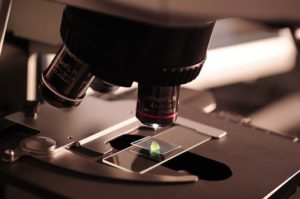4th to 17th June 2017, Treviso, Italy.
The Summer School aims to provide introductory and advanced courses in medical statistics and epidemiology, and their application in etiology research and public health.
Modern medical research is becoming increasingly formalized. Today researchers, physicians and health professionals are encouraged to use scientific data, including controlled experiments and well-structured observational data, as the source for decision making. Evidence-based medicine is entering into many subspecialties, including public health science.
The Summer School provides participants insight into available critical tools for planning research, for handling data and for interpreting results. Better understanding of scientific medical papers is a goal and it requires not only knowledge of the topic being investigated but also an understanding of the research methods being used. Examples include proper understanding of the meaning of a hazard ratio or a confidence interval and an understanding of the difference between a randomized controlled trial and a case-control study.
Biostatistics
Biostatistics focuses on the development and use of statistical methods to solve problems and to answer questions that arise in human biology, medicine, and public health. Biostatistics deals with gathering, collection, organization, analysis and interpretation of data from etiologic research, clinical trials and health planning. Biostatistical activity spans a broad range of scientific inquiry, from the basic structures of human beings, through the interactions of cells and organs to individuals and groups and their environment. Important areas include problems of genetic and environmental interaction, environmental toxicities and sanitation, health enhancement and education, disease prevention and therapy, the organization of health care system and health care financing.
Epidemiology
Epidemiology is the study of the distribution, determinants and frequency of diseases in human population. Disease occurrence is measured and related to different characteristics of individuals and their environments. Epidemiological research includes descriptive and analytical studies. Descriptive studies are concerned with describing the general distribution of disease in space and time (cross-sectional studies). Analytic studies are concerned with causes and prevention of disease and are based on comparisons of population groups in relation to their disease status or exposure of disease (case-control studies, cohort studies, interventional studies). Over the past decade genetic epidemiology has arisen as an important new area, where the structures of genetic data are utilized together with epidemiological principles for design and analyses. The aim is to find genetic determinants for disease, and to characterize their impact on individuals and populations, accounting for environmental triggers and modifiers.
Location: Via Brandolini Brando, 29, 31030 Cison di Valmarino TV, Italy Find additional information on the course here. Published in GI-Mail 04/2017 (English edition). Sign up for GI-Mail here. Tip: More up to date educational events can be found online in the Education Database »medicine & health«.

